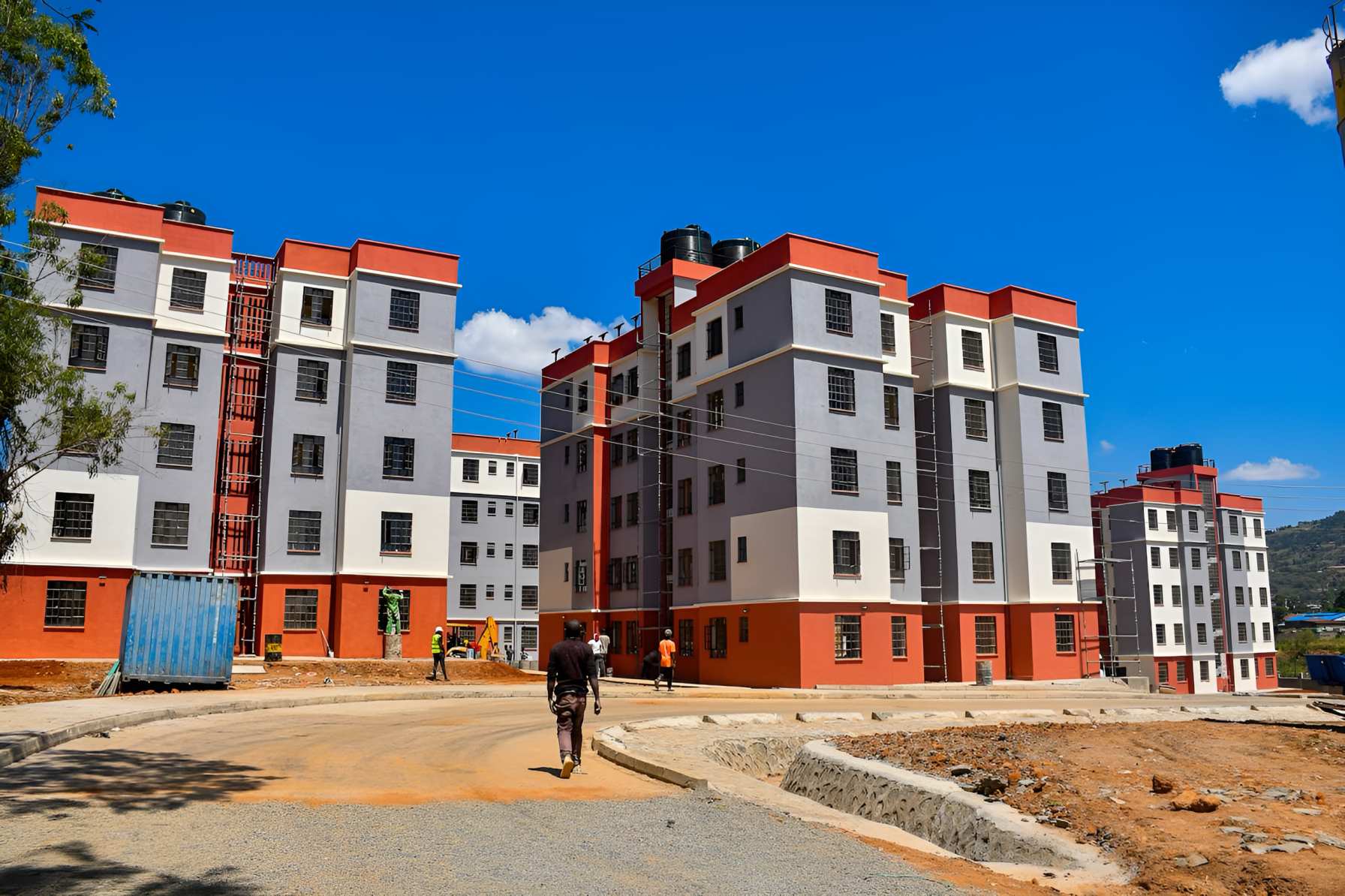Property developers warn against removal of tax incentives

The Finance Bill 2025/26 includes a provision to eliminate the 15% tax rebate granted to companies that build at least 100 residential units each year.
The government’s plan to deliver affordable housing is likely to face significant setbacks if the proposed removal of tax incentives for developers and construction materials in the current Finance Bill is approved.
The Finance Bill 2025/26 includes a provision to eliminate the 15% tax rebate granted to companies that build at least 100 residential units each year, pending approval from the Cabinet Secretary in charge of housing.
Originally introduced in the Finance Act of 2016, the incentive targeted companies that constructed at least 400 residential units annually.
This threshold was later lowered to 100 units per year under the Finance Act of 2023.
The goal was to encourage private sector investment, recognizing that the government alone cannot meet the housing demand due to limited fiscal resources.
During the public hearing on the Finance Bill 2025/26 held by the National Assembly’s Committee on Finance and National Planning at a Nairobi hotel, Rose Kananu, General Manager of the Kenya Property Developers Association (KPDA), warned that removing this provision would hinder efforts to achieve the target of 250,000 housing units per year.
The government, through its BETA initiative, aims to boost the annual supply of new housing units to 250,000 and increase affordable housing from 2 percent to 50 percent.
Kananu argued that repealing the tax rebate now would be premature, as the incentive has yet to fully deliver on its intended impact as a fiscal policy tool.
The Kenya Property Developers Association highlights a housing deficit exceeding two million units, with an annual shortfall close to 200,000 homes.
Over 60% of Nairobi’s population lives in informal settlements, facing limited access to clean water, sanitation, and adequate shelter.
“Removing this tax incentive undermines government policy goals. Developers will have less capital to expand housing production, and potential new investors will be deterred by diminished returns. Maintaining the rebate helps preserve this crucial balance,” Kananu emphasized.
She explained that these incentives improve the Return on Investment (ROI), making it financially viable for private developers to participate in affordable housing projects.
Kananu further noted that the tax relief encourages developers to stay active in the sector and undertake larger projects by cushioning them from rising global construction costs, currency fluctuations, and increased infrastructure expenses, ultimately benefiting the broader community.
"We recognize that only a small number of real estate developers have accessed the 15% Corporate Tax Rebate. However, investment decisions have been made based on the availability of this relief; withdrawing it now introduces unnecessary uncertainty in an already capital-heavy industry" she said.
The association also warned that the construction sector could face additional challenges if the proposed removal of tax incentives on locally purchased or imported goods used exclusively in affordable housing projects goes ahead.
